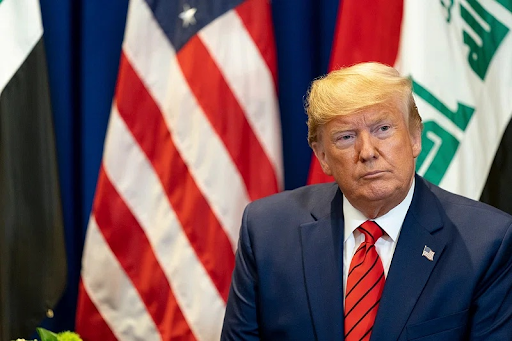In a case of major legal blowback, a federal appeals court has ruled that President Donald Trump had no legal right to impose his global tariffs under the International Emergency Economic Powers Act (IEEPA). The decision dismantles the legal argument used to justify a key part of his trade war.
The 7-4 majority opinion argued that allowing a president to use IEEPA for tariffs would effectively grant them unchecked power to regulate foreign commerce, a role the Constitution reserves for Congress. The court found that Trump’s rationale—that a trade deficit is a national emergency—was not supported by the text or history of the law.
The ruling has thrown international trade negotiations into disarray. Deals made with key allies to avert these tariffs are now predicated on an illegal act, giving those countries significant leverage to demand changes or abandon the agreements altogether.
Trump’s promise of an appeal means the Supreme Court will ultimately decide the issue. The case has become a flashpoint in the ongoing debate over executive authority, with the court now tasked with drawing a line between legitimate emergency action and unconstitutional overreach.

